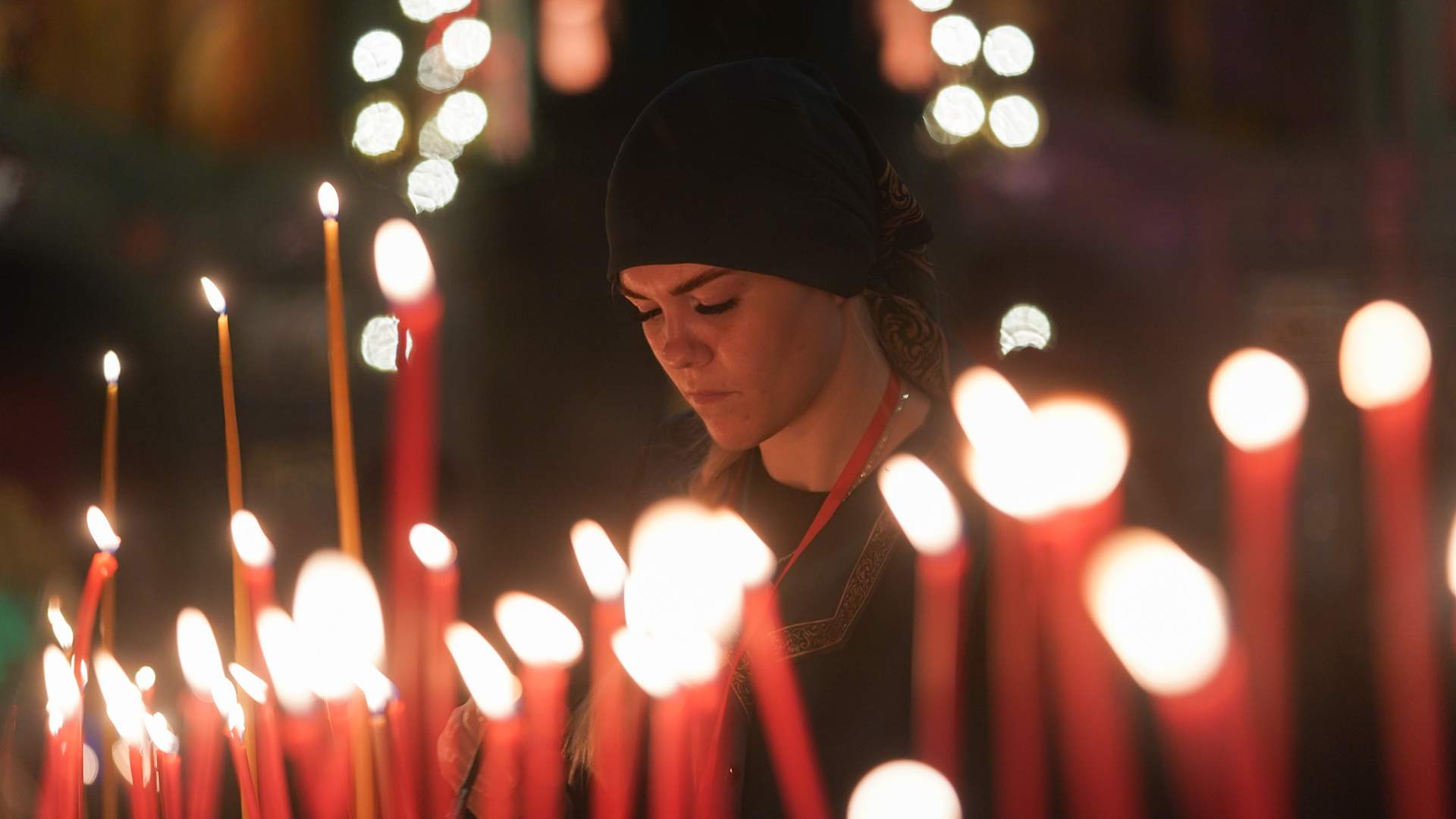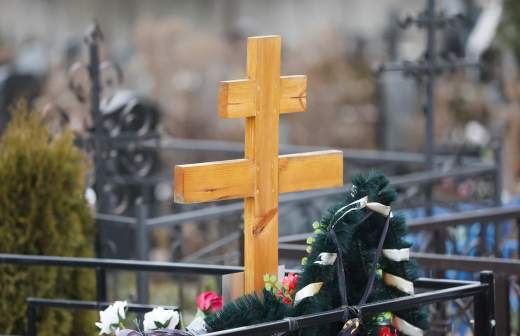Forgiveness Sunday - 2025: when, what to say and answer

Forgiveness Sunday in Russia is traditionally celebrated on the last day of Maslenitsa, before the beginning of Lent. In 2025, the holiday falls on March 2. On this day, believers complete preparations for Lent and ask forgiveness from each other, and in churches serve a special rite of forgiveness. Read more about the history of the holiday and its traditions, as well as what you can not do on Forgiveness Sunday - in the material "Izvestia".
Forgiveness Sunday in 2025: traditions and meaning of the holiday
Forgiveness Sunday is celebrated annually on different dates, which depends on Easter. In 2025, the Orthodox celebrate this day on March 2. Forgiveness Sunday concludes Shrovetide, or Cheese Week, and precedes Lent, which begins on March 3 and lasts until April 19. In addition to its popular name in the world, Forgiveness Sunday has two more.
Week of Cheesepustnaya - such a name in church books is given because on this day the consumption of dairy products, including cheese, ends, they are "let go", or "left".
Adam's Expulsion, another name for the day, is due to the fact that the service recalls the story of man's creation, his fall, and his expulsion from paradise. It is believed that, like God's forgiveness of Adam and Eve, ordinary people should also find the strength not only to forgive their offenders, but also to ask for forgiveness themselves.
The name Forgiveness Sunday is not used in church and is folk, being used only in everyday life. It is conditioned by the performance in the evening of the rite of forgiveness during the service, the traditions of which originate from the times of the ancient Egyptian hermits, who withdrew to the desert for 40 days before Easter. Each of them realized that they might not be able to bear the ordeal, and therefore on the eve, as well as before their death, the monks asked each other to forgive for all the offenses they had committed and forgave everyone themselves.
Forgiveness Sunday, March 2, 2025: how to properly ask for forgiveness and what to say
In Orthodox tradition, preparing for Lent, believers should reconcile with everyone who has offended them and whom they have offended. In the church on this day in the liturgy read the appropriate passage from the Gospel with the words of Jesus Christ: "If you forgive people their trespasses, your heavenly Father will also forgive you, and if you do not forgive people their trespasses, your Father will not forgive you your trespasses either".
The morning liturgy is conducted by the clergy in white vestments, but in the evening, when the rite of forgiveness takes place, the color of the vestments changes to black. The decoration of the church is also changed, and the service itself takes place in darkness.
During the rite of forgiveness, the rector of the temple asks forgiveness from his clergy and parishioners. After that he bows to the ground. Everyone also responds to him with an earthly bow. Then the clergy in seniority ask forgiveness from the rector. They are followed by the parishioners. Traditionally on this day people ask for forgiveness with the words "Forgive me", and in response they say: "God will forgive, and I forgive!". At the same time, the words should be sincere, from the heart, otherwise they will have no meaning.
You should ask forgiveness not only in church, but also from people in ordinary life. Modern technology allows you to do this on the phone, in messengers and through social networks. The Church does not forbid such a method, but clergymen still urge to do it in person. It is worth apologizing by phone when you and the person are far away from each other. If there is no way to contact a relative, friend or acquaintance, you can light a candle and ask for forgiveness in front of an icon.
"We don't always notice when we hurt people. We think to ourselves: "Well, no, I certainly couldn't hurt this person in any way," but is it true? To ask forgiveness from all brothers and sisters in faith will not be unnecessary" , - explains Archpriest Igor Fomin.
Folk signs and what not to do on Forgiveness Sunday
Forgiveness Sunday coincides with the last day of the Slavic Maslenitsa, so it combines different pre-Christian traditions and customs. In the morning on this day went to the service, and then at fairs ate pancakes and burned an effigy of Winter. This tradition has been preserved to this day, especially since Forgiveness Sunday is the last day before Easter, when noisy entertainment events are allowed.
In Moscow on the main sites of the city on the day of Forgiveness Sunday events are planned: various master classes, Shrovetide games and performances of ethno collectives. In addition, on this day, visitors are expected to enjoy musical concerts, master classes on throwing valenoks and many different pancakes. It will not do without the obligatory ritual: the burning of the effigy of winter.
In St. Petersburg this year street theaters, ensembles, pancakes and the burning of an effigy of Pancake Day await visitors in the park on Yelagin Island and on the Cathedral Square of the Peter and Paul Fortress. On the final day, on Forgiveness Sunday, guests of the holiday will be able to watch the burning of the Pancake effigy on the shore of the Kronverk Strait.
The Church recommends not to substitute the spiritual meaning of the holiday with fun and reminds that the main meaning of the day is to purify the soul from offenses. Orthodox Christians on Forgiveness Sunday, as on any day, are advised to refrain from quarrels, arguments and discouragement and to take care to keep peace and quiet in their souls.
Переведено сервисом «Яндекс Переводчик»

